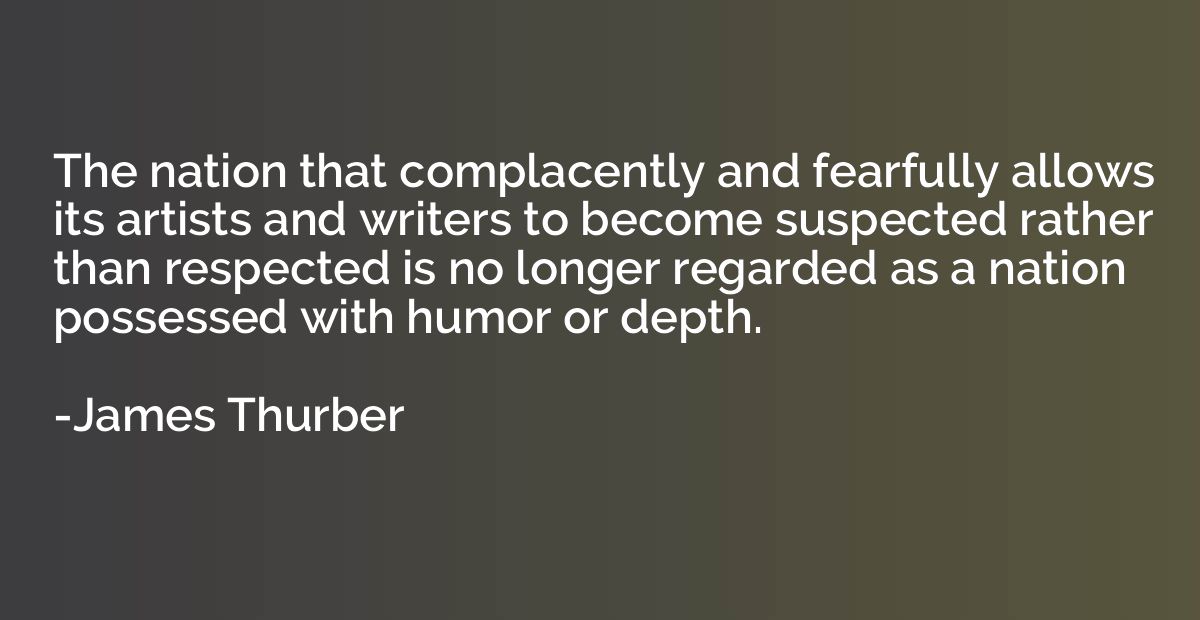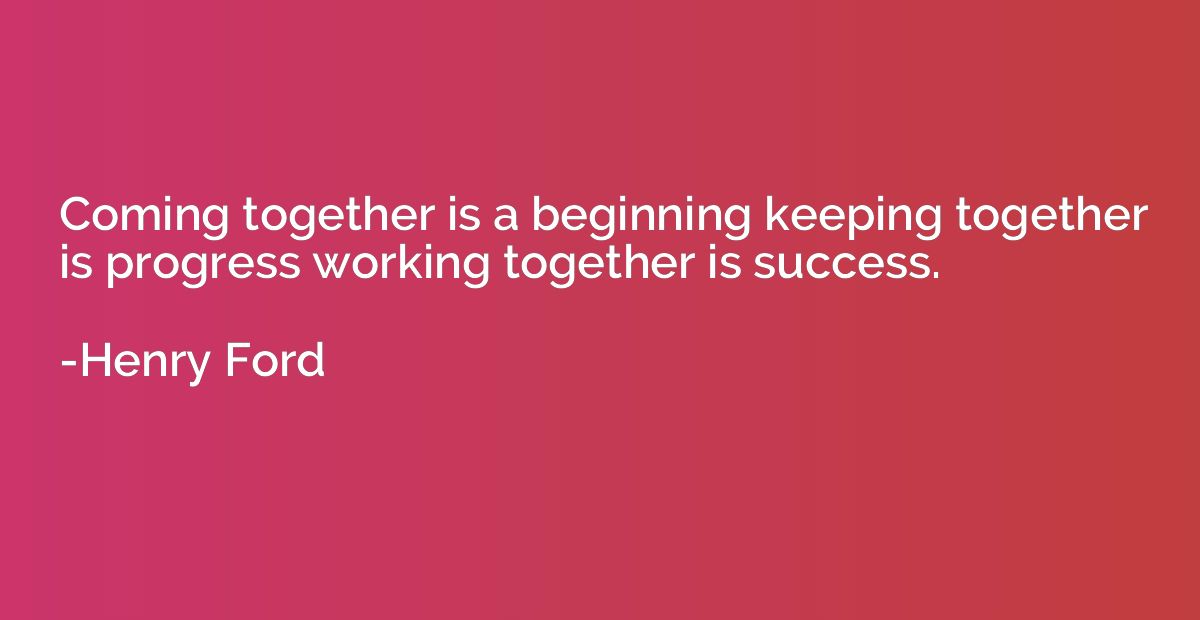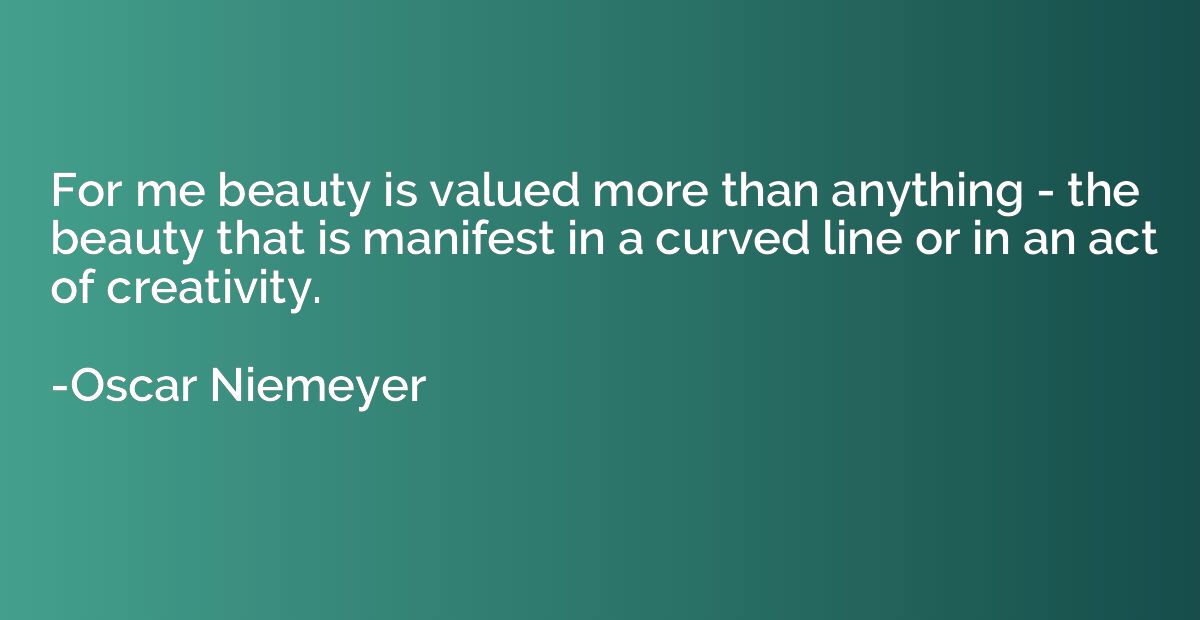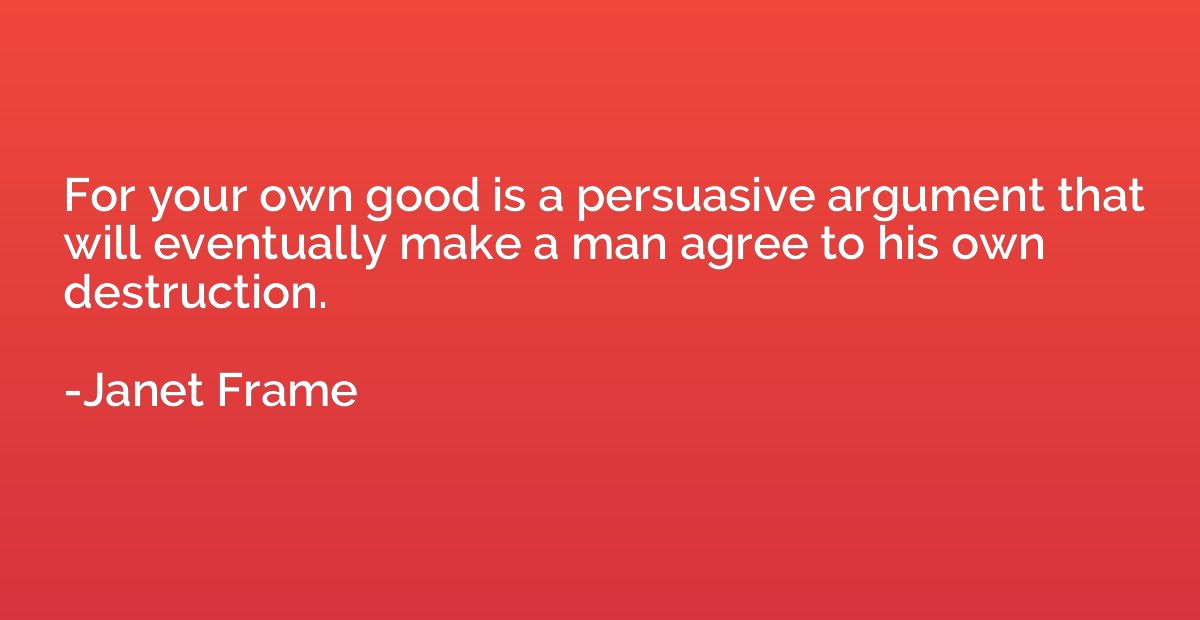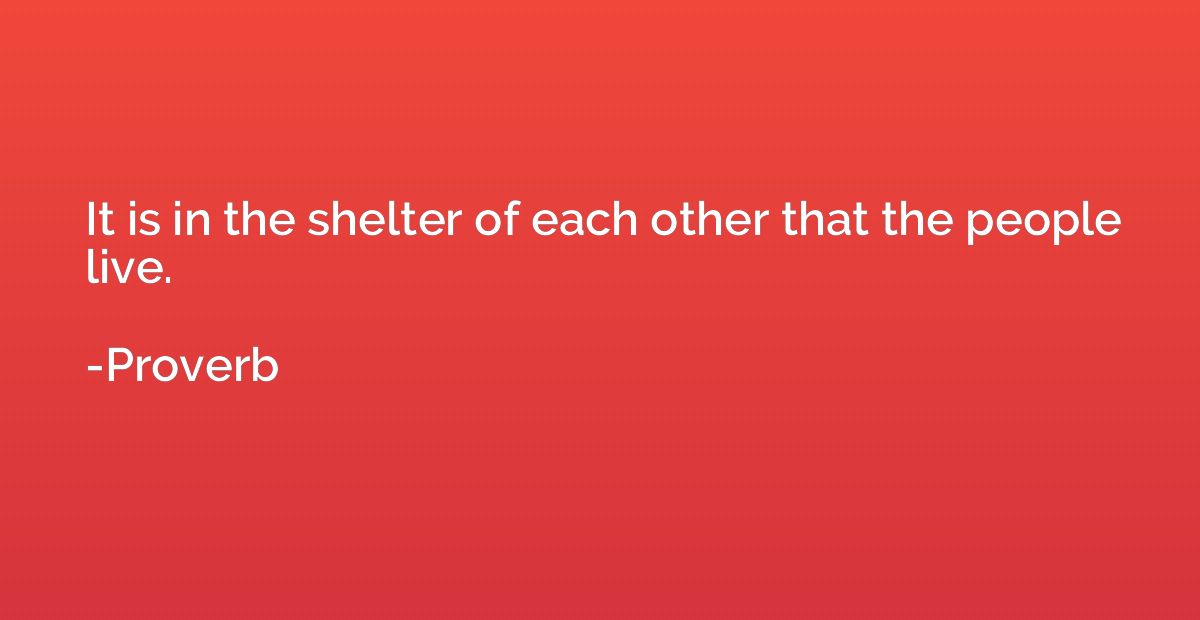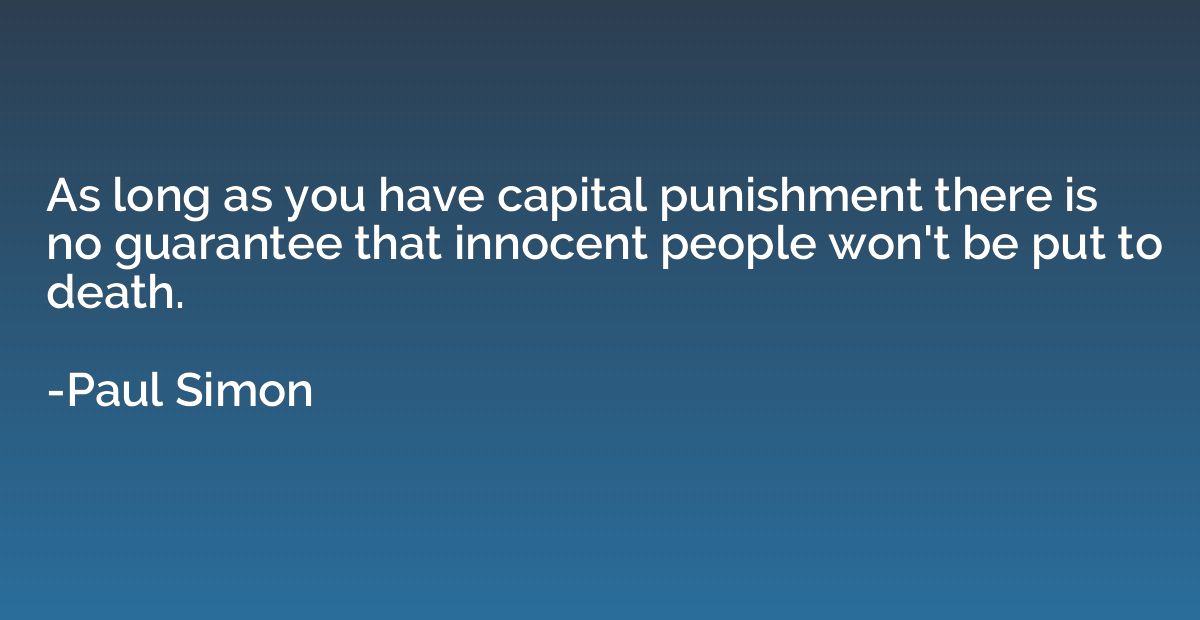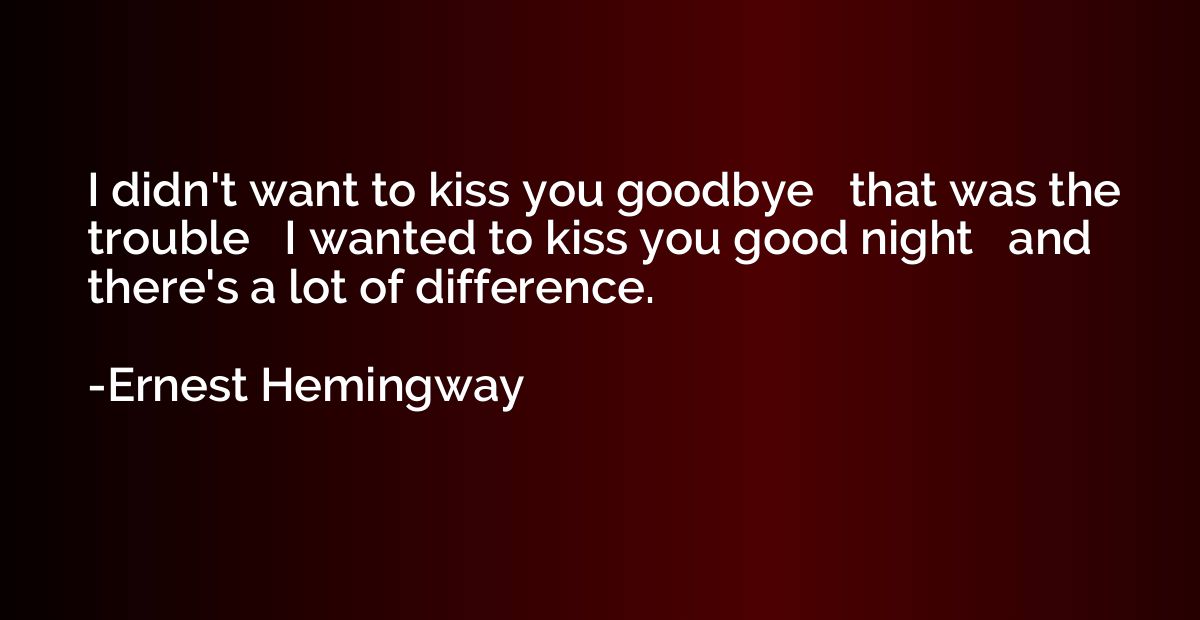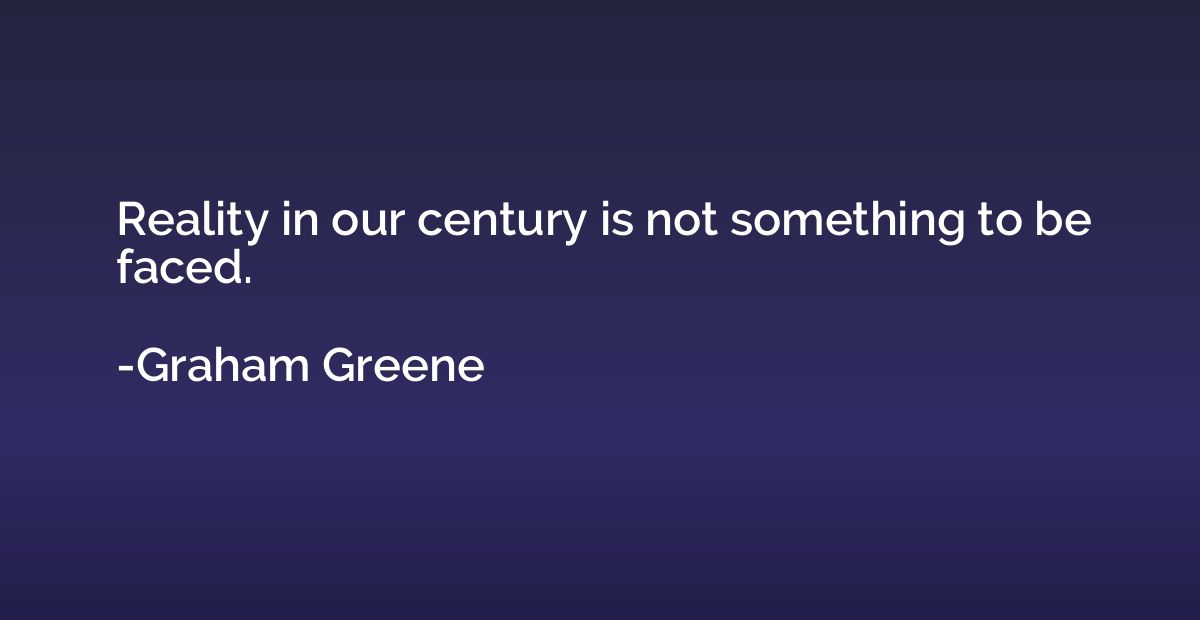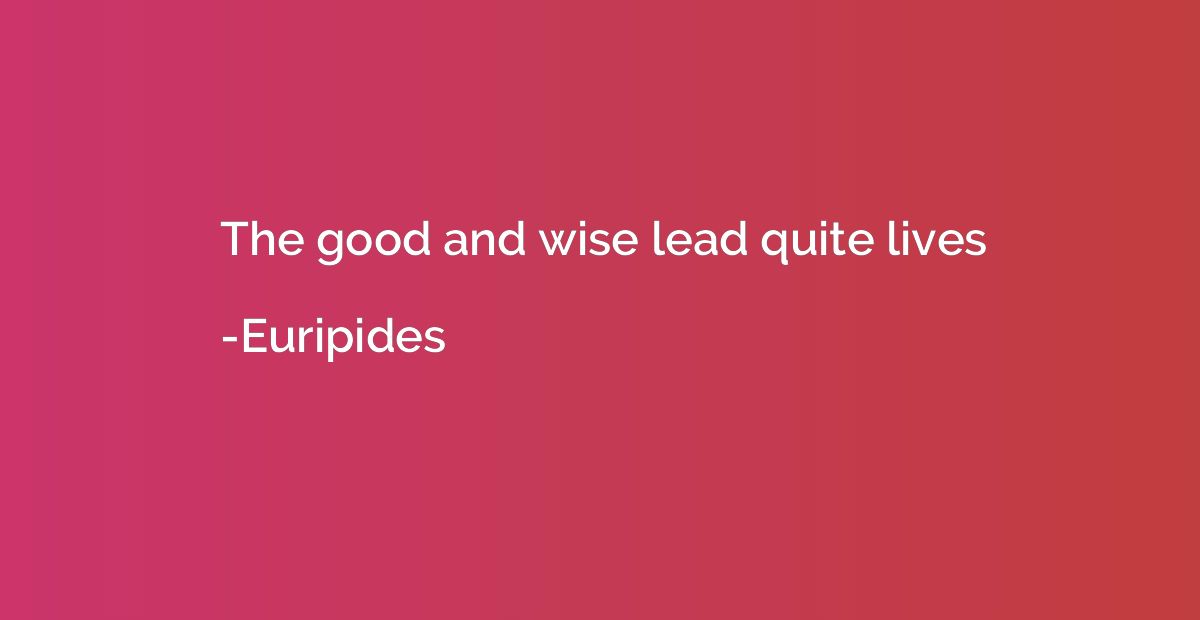Quote by Isaac Marion
Everything dies eventually. We all know that. People, cities, whole civilizations. Nothing lasts. So if existence was just binary, dead or alive, here or not here, what would be the fucking point in anything? My mom used to say that's why we have memory. And the opposite of memory - hope. So things that are gone can still matter. So we can build off our pasts and make futures.
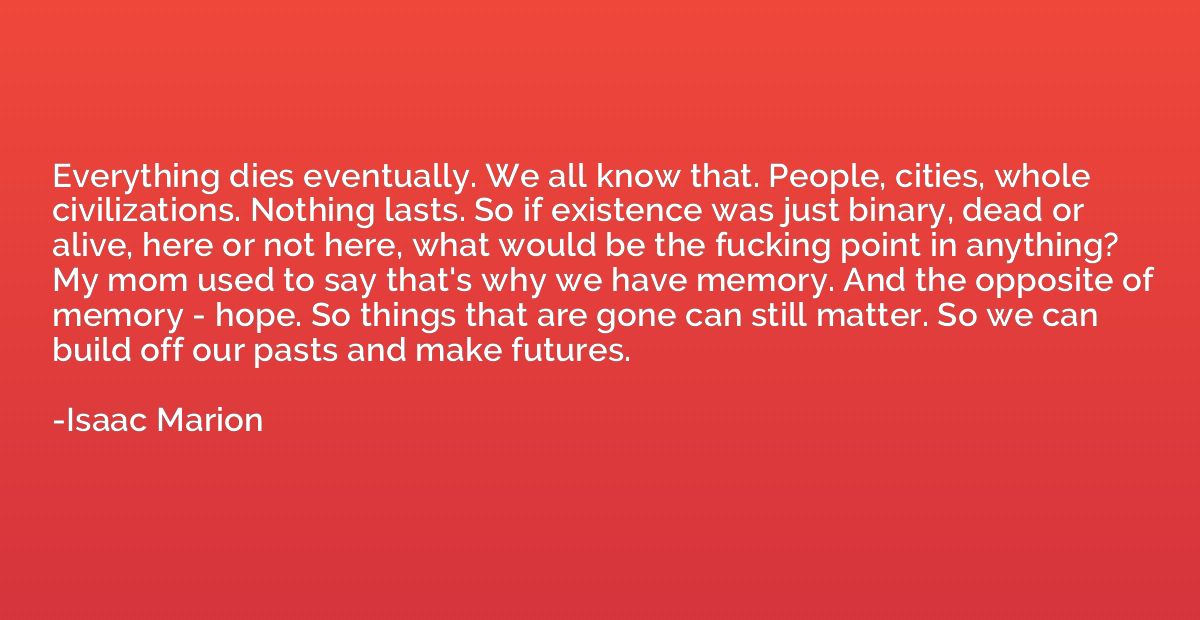
Summary
This quote acknowledges the inevitable impermanence of everything, emphasizing the transient nature of life. It questions the purpose of existence and argues that if it were simply a matter of life or death, with no lasting impact, then life would be devoid of meaning. However, the quote suggests that memory and hope give significance to what is no longer present. By remembering and learning from the past, we can build upon it, shaping a brighter future and finding purpose in our existence.
By Isaac Marion



